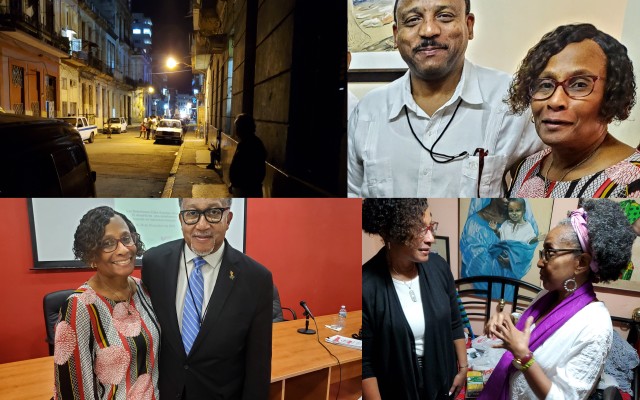[ad_1]
By DeWayne Wickham
HAVANA, Cuba – When AFRO American publisher Dr. Frances “Toni” Draper walked off JetBlue flight 503 last week into the international terminal of Cuba’s Jose Marti Airport she wasn’t just entering what for many Americans is thought to be a forbidden land, she was retracing steps taken by her grandfather 60 years earlier.
In December 1959, then AFRO publisher Carl Murphy was among a group of 71 prominent Blacks who came to this city at the invitation of Fidel Castro. Like Murphy, many of the people who traveled with him to Cuba were members of the Black press. They came from publications like the Chicago Defender, The California Eagle, the Cleveland Call and Post, Los Angeles Sentinel and the Philadelphia Tribune.
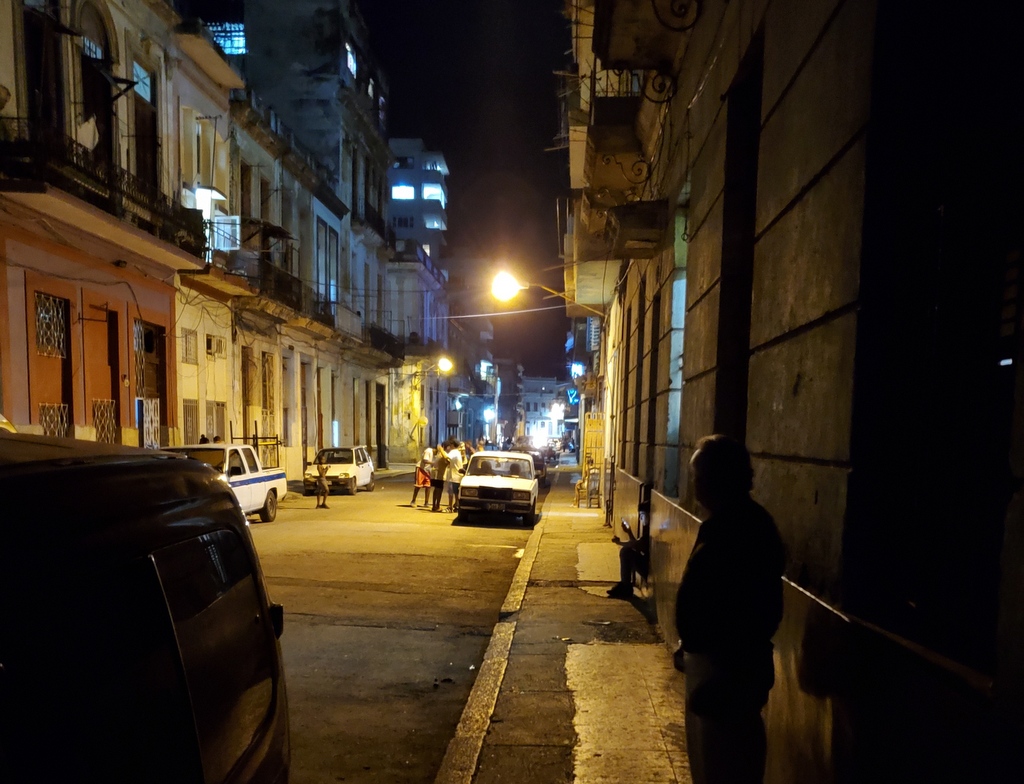
Castro wanted to give them an up-close look at the changes his new government had foisted upon Cuba. The Black publishers wanted to take their own measure of the better life the revolution Castro led promised Afro Cubans.
“Just imagine what that delegation must have looked like,” Dr. Draper said about the Black press leaders whose footsteps she followed to Cuba. “I can see them in their hats and dapper suits, probably creating quite a stir.”
Dr. Draper’s visit to Cuba last week was low-keyed – but impactful. She traveled here with a delegation from Morgan State University’s School of Global Journalism & Communication. The group, which is teaming up with the University of Havana’s communications school to investigate the transcontinental slave trade’s links between Baltimore and Cuba, held planning meetings at the university and at other locations across this sprawling city.
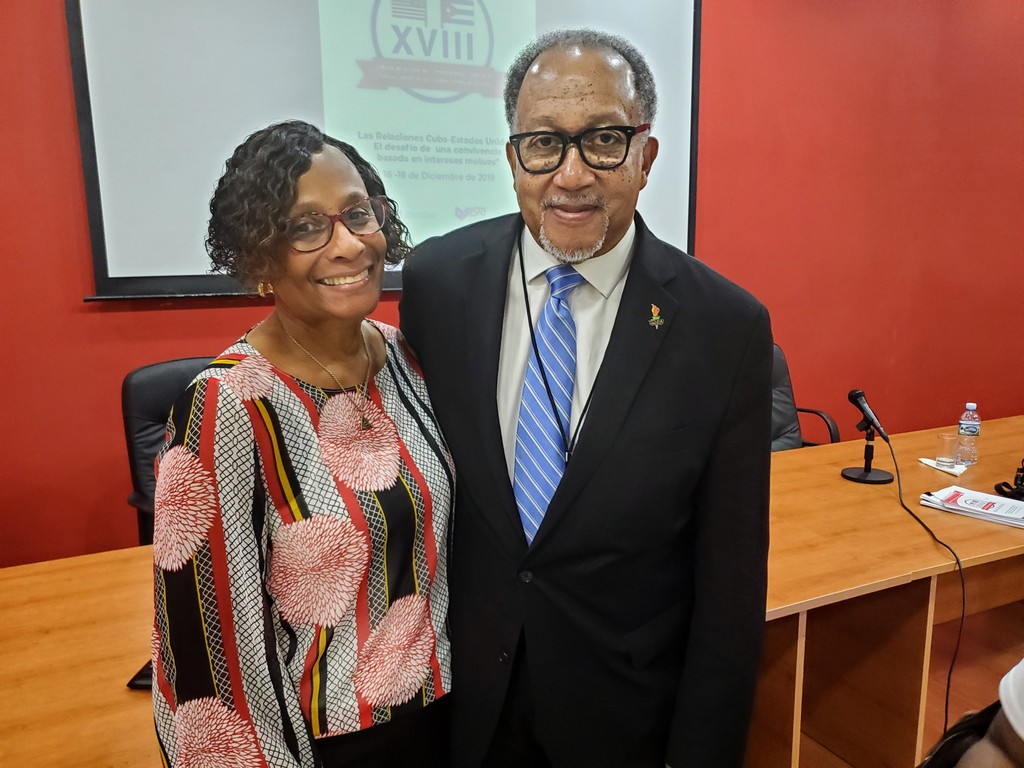
And in addition, like her grandfather, Dr. Draper also took her own measure of Cuba. She met with officials of Cuba’s foreign ministry to discuss the worsening relations between the U.S. and Cuba; she had dinner with a Cuban small business owner whose house was home to three generations of his family.
She also met with Nancy Morejón and Gloria Rolando, two of Cuba’s most important Afro Cuban cultural figures. Morejón is a highly regarded poet and essayist, whose writings have been published into more than 10 languages. During a traditional Cuban meal of black beans, rice and roasted chicken, Dr. Draper and the other group members talked with Morejón about the power of her poetry and the influence of Langston Hughes, the Harlem Renaissance writer and former AFRO correspondent, on Nicolás Guillén, the legendary Cuban poet.
Dr. Draper visited Rolando one night in her Central Havana home, a small first floor apartment in an aging building at the corner of a street whose darkness was pierced only by two distant streetlights. Rolando, who in July was named a member of the Academy of Motion Pictures Arts and Sciences (the body that hands out the Academy Awards), still lives in one of Havana’s poorest neighborhoods. She greeted the Baltimore publisher with a warm embrace and talk of her current project: a film about the Oblate Sisters of Providence, a Baltimore-based group of Catholic nuns that opened its first mission in Cuba.
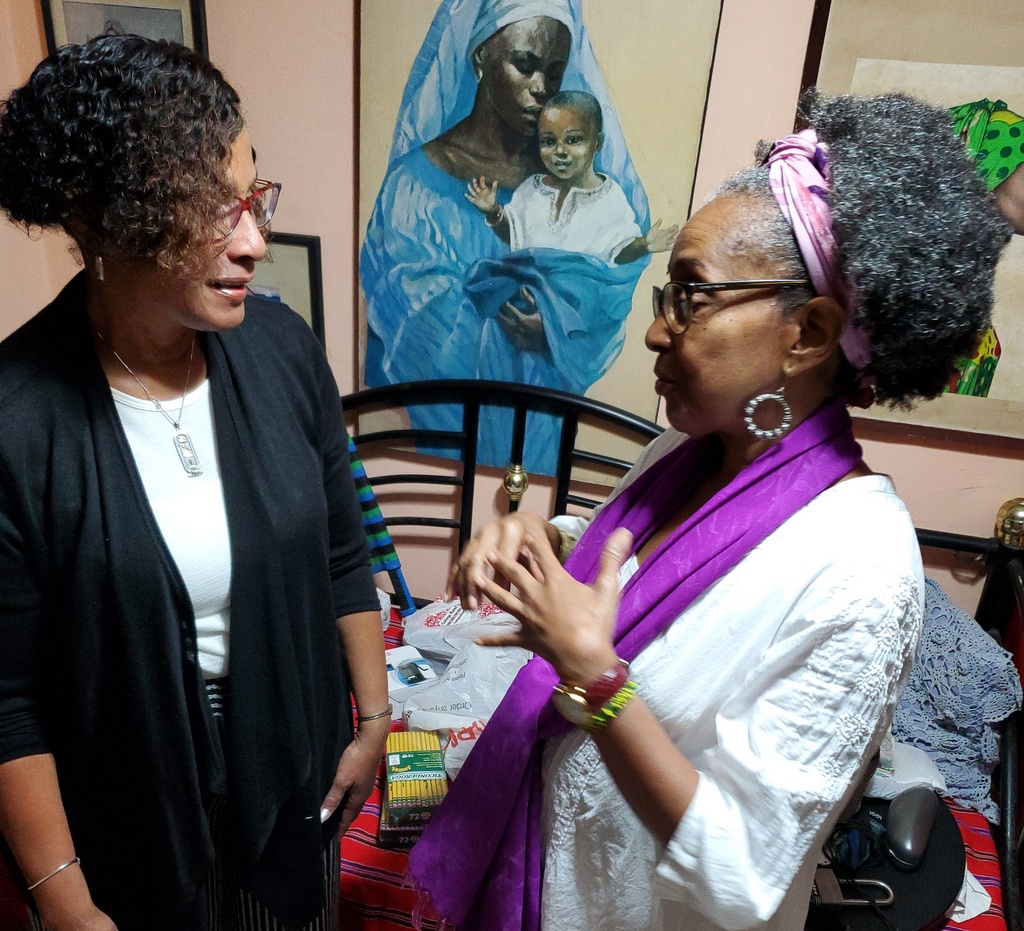
The next day, Dr. Draper attended the 18th annual meeting of a group of U.S. and Cuban academics and activists to which Benjamin Chavis, executive director of the National Newspaper Publishers Association, had flown in from the United States to give the keynote address.
“I can state without fear of reprisal that the Black press of America does not support the blockade of Cuba. We demand an end to the blockade immediately,” Chavis said of the decades-old travel and trade embargo that the United States imposed on Cuba shortly after Dr. Draper’s grandfather ended his visit to this island.
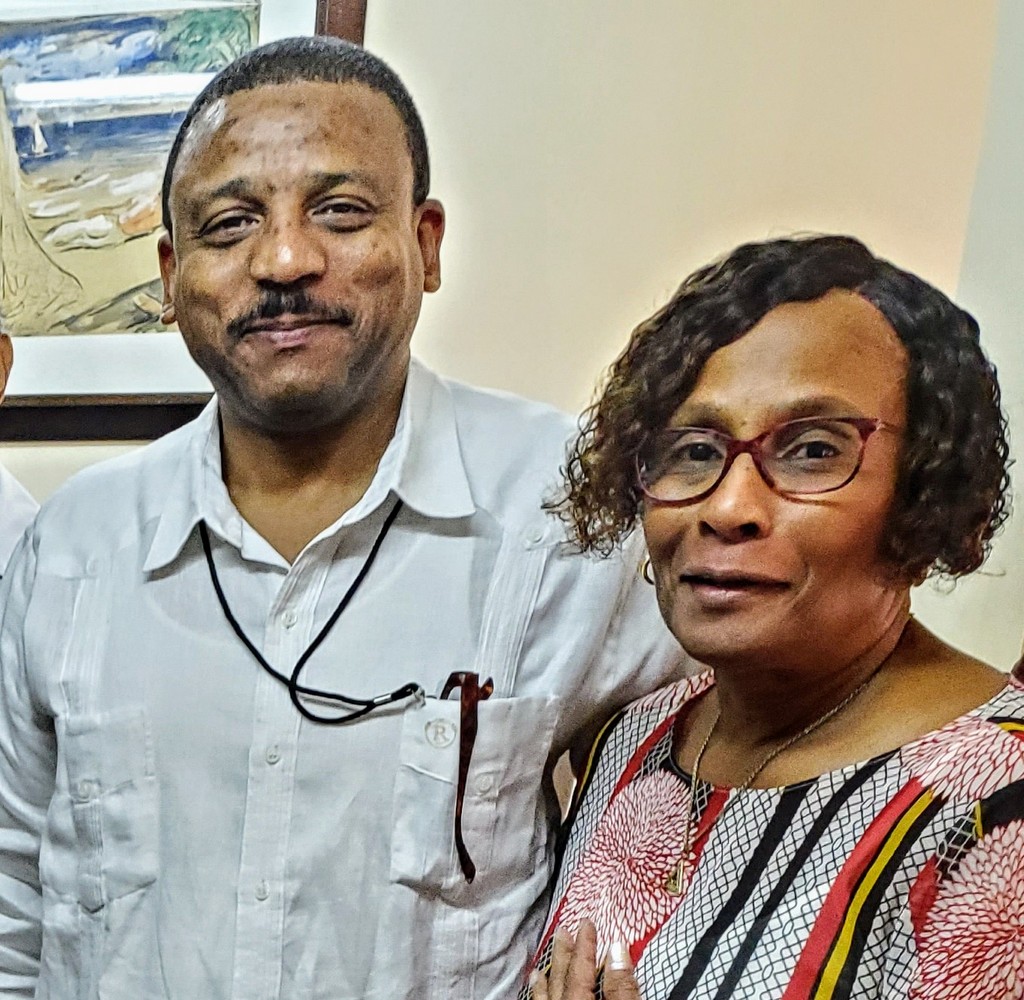
At the airport two days later, she reflected on Chavis’ words and her grandfather’s visit to Cuba 60 years ago. The Black publishers who traveled with Carl Murphy came here “because they wanted to help keep the story straight” of what was happening in Cuba for people of African descent right after Fidel Castro came to power, she said.
“I came here, and I hope to return with other Black publishers, to see how we can join with our Afro Cuban brothers and sisters to see how to deal with systemic and structural racism everywhere,” Dr. Draper said as she boarded a flight back to the United States.
DeWayne Wickham is the founding dean of Morgan State University’s School of Global Journalism & Communication.
[ad_2]
Source link

